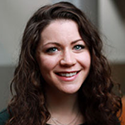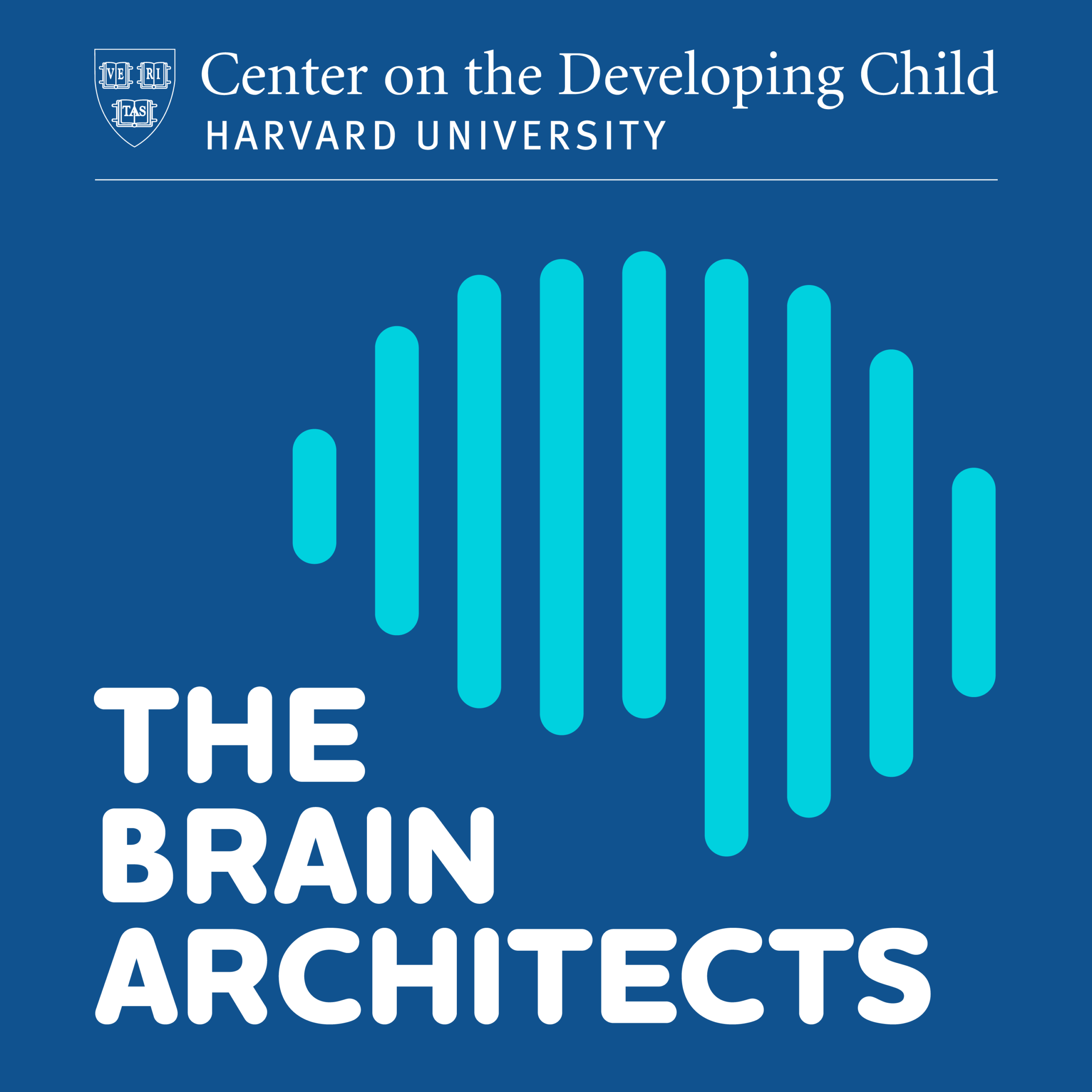COVID-19 Special Edition: Superheroes of Pediatric Care: Moving Beyond the Challenges of COVID-19
Description
The devastating toll of the pandemic has underscored the critical importance of connecting what science is telling us to the lived experiences of people and communities. In March of 2020, we recorded episodes exploring the impact the coronavirus pandemic could have on child development. Now, a year later, we wanted to continue these conversations and discuss what we’ve learned, what needs to change, and where we go from here.
In the second episode in this 4-part special series, host Sally Pfitzer speaks with Dr. Rahil Briggs, National Director of ZERO TO THREE’s HealthySteps program. They discuss the potential impact of the pandemic on infant and toddler development, how an overstressed pediatric health care system responded, and the importance of overcoming equity challenges and public fears to resume well-child visits.
Upcoming episodes of this series will feature expert speakers reflecting on the longstanding social policies and systemic racism that resulted in the pandemic disparately impacting communities of color, and the pandemic’s impact on the mental health system. The experts will discuss how we can take what we learned over the past year and make meaningful changes that will improve outcomes for children and families. Listen to the first episode of this series, where Center Director, Jack P. Shonkoff, M.D. discusses what COVID-19 revealed about the needs of caregivers with young children or during pregnancy.
Subscribe below via your podcast platform of choice to receive all new episodes as soon as they’re released.
Speakers
<figure id="attachment_4958" aria-describedby="caption-attachment-4958" style="width: 125px" class="wp-caption alignnone">
 <figcaption id="caption-attachment-4958" class="wp-caption-text">Sally Pfitzer, Podcast Host</figcaption></figure>
<figcaption id="caption-attachment-4958" class="wp-caption-text">Sally Pfitzer, Podcast Host</figcaption></figure><figure id="attachment_4959" aria-describedby="caption-attachment-4959" style="width: 125px" class="wp-caption alignnone">
 <figcaption id="caption-attachment-4959" class="wp-caption-text">Dr. Rahil Briggs, National Director of ZERO TO THREE’s HealthySteps Program</figcaption></figure>
<figcaption id="caption-attachment-4959" class="wp-caption-text">Dr. Rahil Briggs, National Director of ZERO TO THREE’s HealthySteps Program</figcaption></figure>Additional Resources
Resources from the Center on the Developing Child
- Re-Envisioning, Not Just Rebuilding: Looking Ahead to a Post-COVID-19 World
- The Brain Architects: COVID-19 Special Edition: Self-Care Isn’t Selfish
- Working Paper 15: Connecting the Brain to the Rest of the Body: Early Childhood Development and Lifelong Health Are Deeply Intertwined
- InBrief: Connecting the Brain to the Rest of the Body
- A Guide to COVID-19 and Early Childhood Development
Resources recommended by Dr. Rahil Briggs
- Psychology Today: What Parents of Babies and Toddlers Need Right Now
- American Academy of Pediatrics: A superhero moment
- HealthySteps: Caring for Yourself and Young Children During the Coronavirus (COVID-19) Crisis
- ZERO to THREE: Tips for Families: Coronavirus
- Rapid Assessment of Pandemic Impact on Development (RAPID) – Early Childhood
- USA Today: Opening ‘so many doors for families’: COVID-19 underscores the importance of wraparound care for new moms and children
- Early Childhood Depression May Impact Brain Development in Later Years
- Brazelton Touchpoints Center
- ZERO TO THREE: Diagnostic Classification of Mental Health and Developmental Disorders of Infancy and Early Childhood and official DC:0-5 Training for advanced infant and early childhood mental health professionals
Transcript
Sally: Welcome to The Brain Architects, a podcast from the Center on the Developing Child at Harvard University. I’m your host Sally Pfitzer. In March of 2020, we recorded episodes exploring the impact the coronavirus pandemic could have on child development. You may remember we discussed the importance of self-care for caregivers, and the importance of physical distancing, not social distancing. And now a year later, we wanted to continue those conversations and discuss what we’ve learned, what needs to change, and where we go from here.
Joining us on today’s podcast is Dr. Rahil Briggs, National Director of ZERO TO THREE’s HealthySteps program. Rahil, thanks so much for being here with us today and just for timing, I’m going to jump right into our first question. What can we tell parents and caregivers about the potential effects the pandemic lifestyle changes could have on development, particularly on infants and toddlers?
Dr. Briggs: Thank you Sally, and thanks for having me. I know this question is on a lot of people’s minds. We’re a year into this and what’s been the effect? For some of these kids, it’s half of their life that they’ve lived within the COVID pandemic. But for parents of babies and toddlers, I think we mostly have really good news. Because they are learning through serve and return interactions, it doesn’t need to occur in one particular kind of learning environment or even a specific variety of environments for them to continuously be learning. So, parents can rest assured that babies and toddlers who are having that regular interaction with their primary caregivers in loving, supportive, nurturing ways with all sorts of serve and return moments all day long are still learning a lot. So, reading books, singing, playing music, just observing what’s going on around them. We often talk about—you know nobody expects that you’re going to put your life on hold and read 20 books to your kids every hour, but can you just comment on what you’re doing as you’re cooking dinner? Now I’m putting the water in the pot, and now I’m putting the rice in, and let’s watch it boil—and just really narrating or sportscasting that day.
I’ll say it again and again and again, you know, it’s about really taking care of oneself—avoiding toxic stress, bringing in mindfulness if you can. And I don’t mean that we all become yogis and meditate every day. That is not realistic right now. We’re trying to juggle 12 different things every minute.
It’s about self-care of adults. Self-care is not selfish as we’ve discussed before. Reducing that caregiver stress will reduce baby and toddler stress, and when babies and toddlers are less stressed, they learn better just like us, right? We learn better when we’re less stressed and it’s exactly the same for them. And of course, if there’s one thing we’ve all learned in this last year, it’s that stress can’t be avoided per se, but it’s about regulating. And so, for parents and caregivers it’s about self-regulating or asking for help. And when you do those things, either self-regulate or ask for help, you model really important social-emot





